
The European Commission has decided to suspend Vienna’s Modul University from participating in the Erasmus+ and Horizon programmes, mirroring a similar decision made against 21 Hungarian universities in late 2022. Balázs Orbán, the political director of the Hungarian prime minister, condemned the decision as outrageous and pledged to defend academic freedom.

Accomplished actors Mel Gibson, Sylvester Stallone, and Jon Voight will be serving as President Trump’s ‘special envoys’ to Hollywood to bring the film industry back to success. But they are not the only household-name celebrities who support the newly inaugurated President.
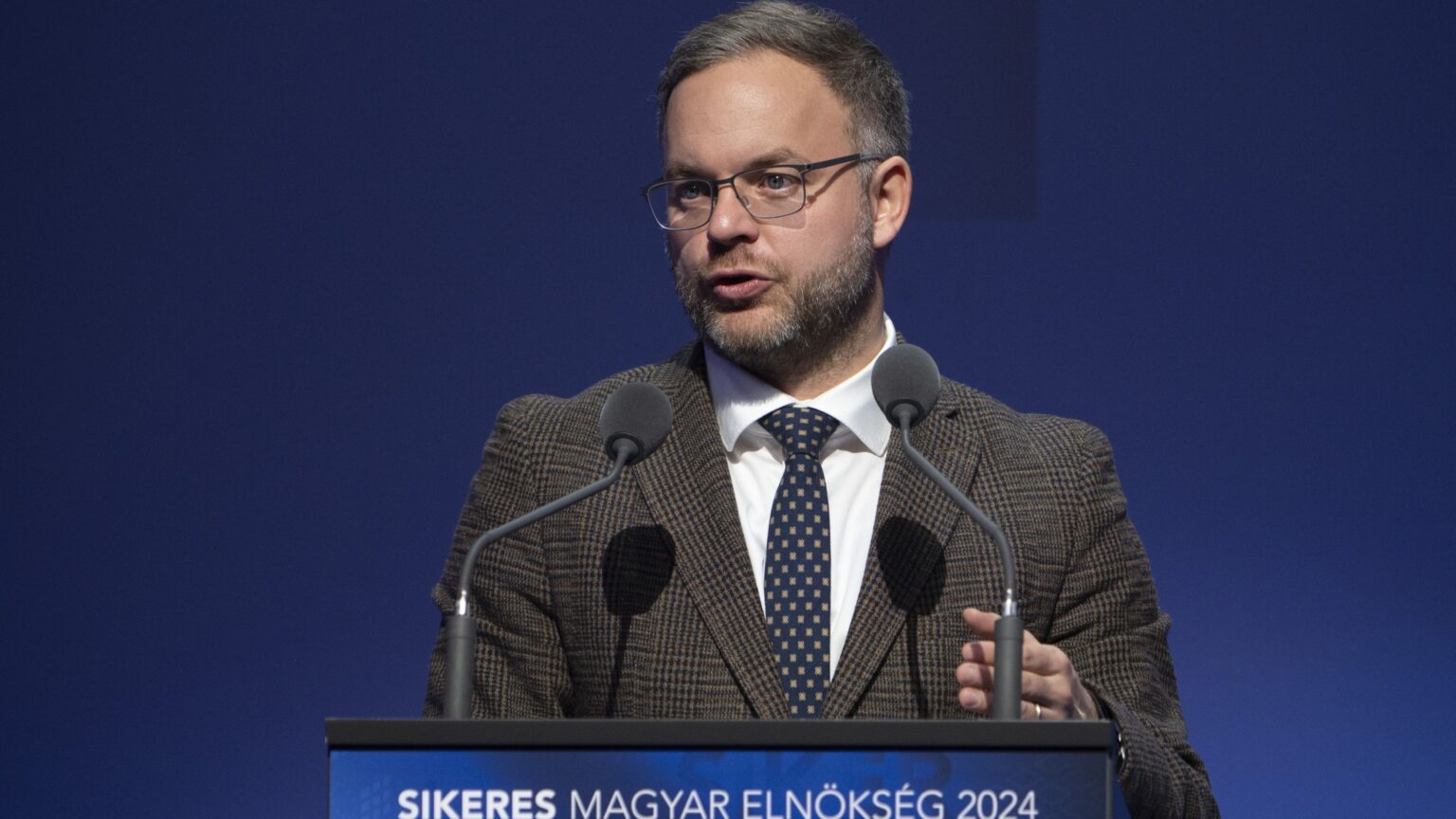
As the world undergoes profound transformations, Hungary’s leadership emphasizes the importance of sovereignty and preparedness in politics, economics, and foreign policy. Failure to adapt could leave nations behind in the competitive global arena.
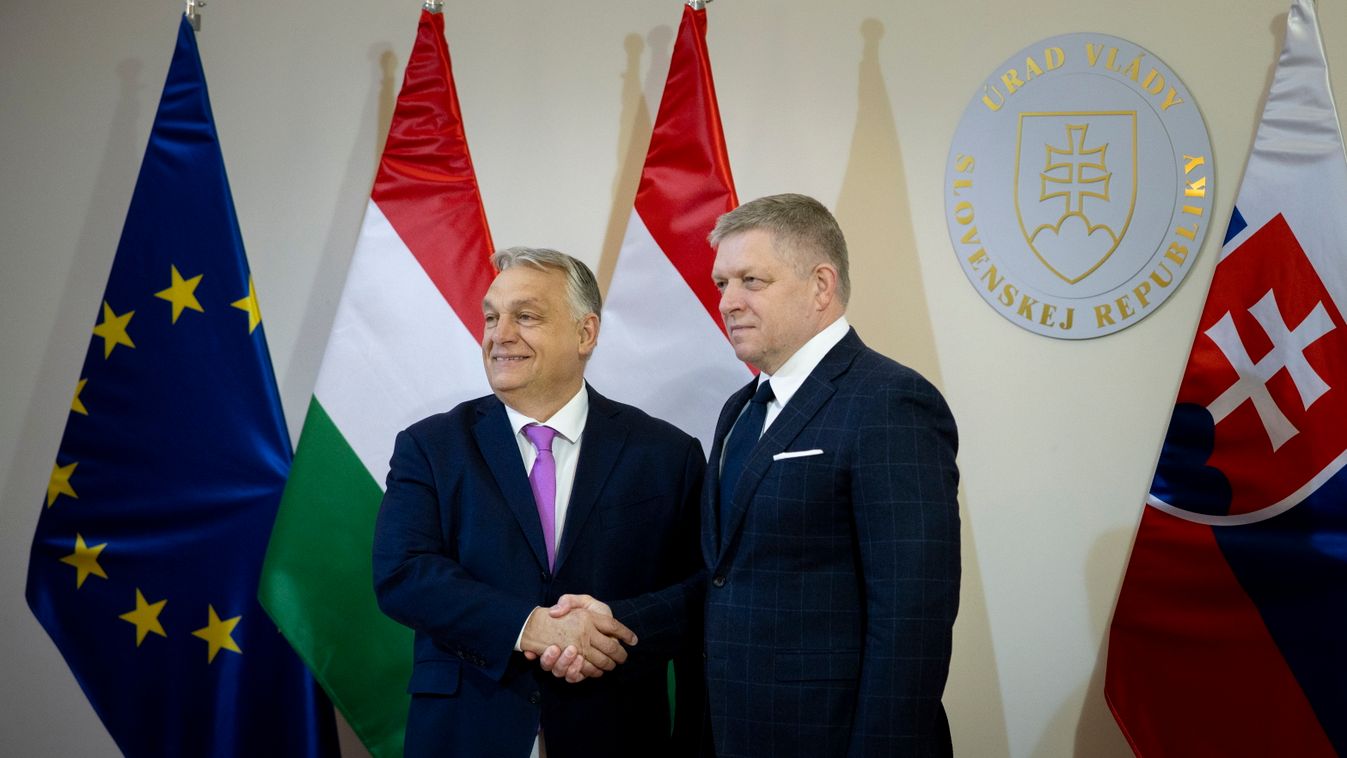
Hungarian Prime Minister Viktor Orbán and his Slovak counterpart Robert Fico met in in Bratislava on Tuesday to discuss energy security issues. The two leaders also pledged to steadfastly oppose Ukraine’s NATO membership.
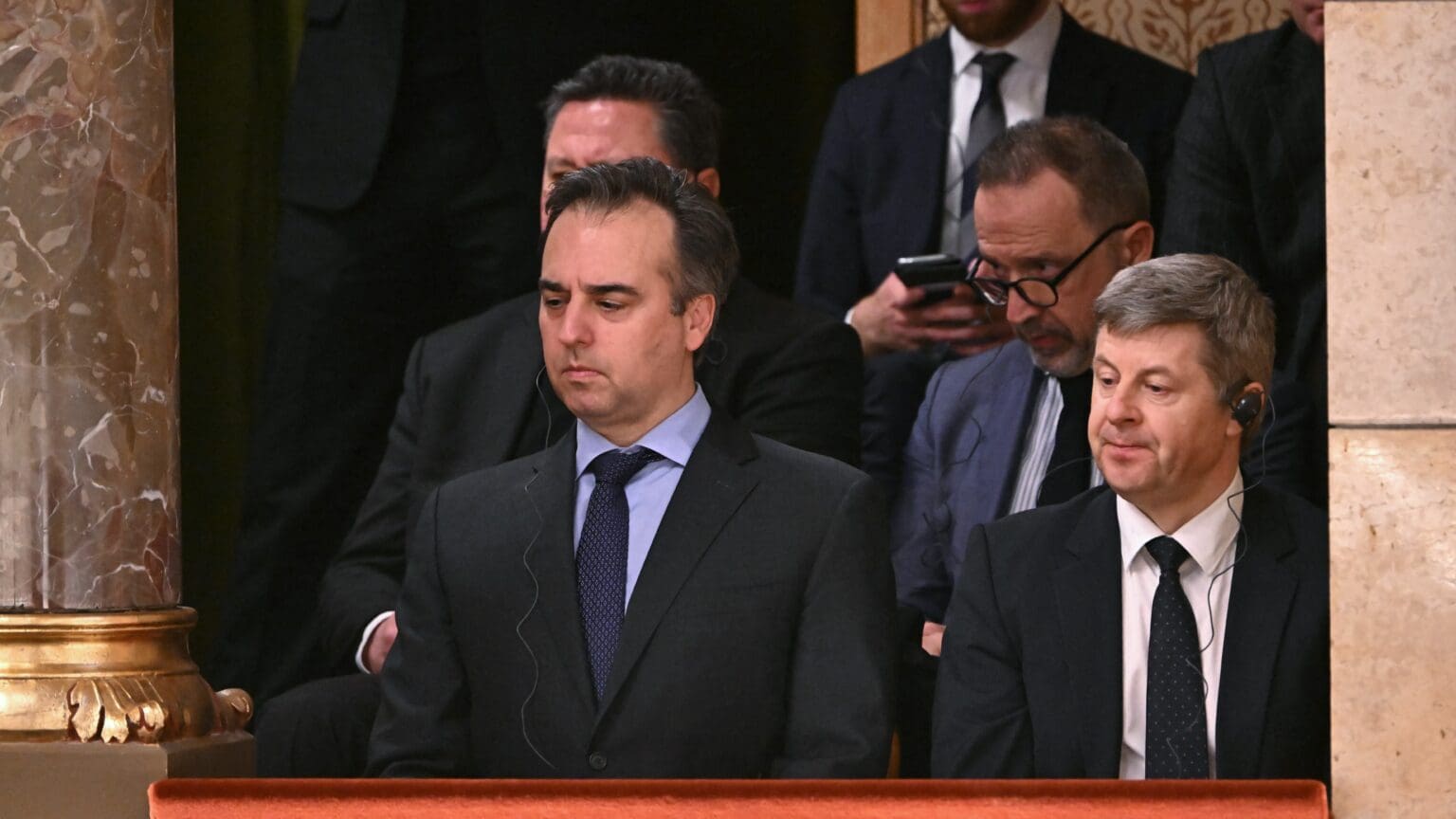
Despite the end of the Democratic administration in the US and the departure of Joe Biden’s controversial ambassador to Hungary, the interference in Hungarian domestic affairs continues. On the day of Donald Trump’s inauguration, the US Embassy in Budapest awarded millions of Hungarian forint in grants to opposition-aligned media outlets.

Donald Trump was sworn in as the 47th President of the United States on Monday. Hungarian Prime Minister Viktor Orbán, a close ally of the US President, extended his congratulations, stressing that from now on the sun will shine differently over Brussels as well.
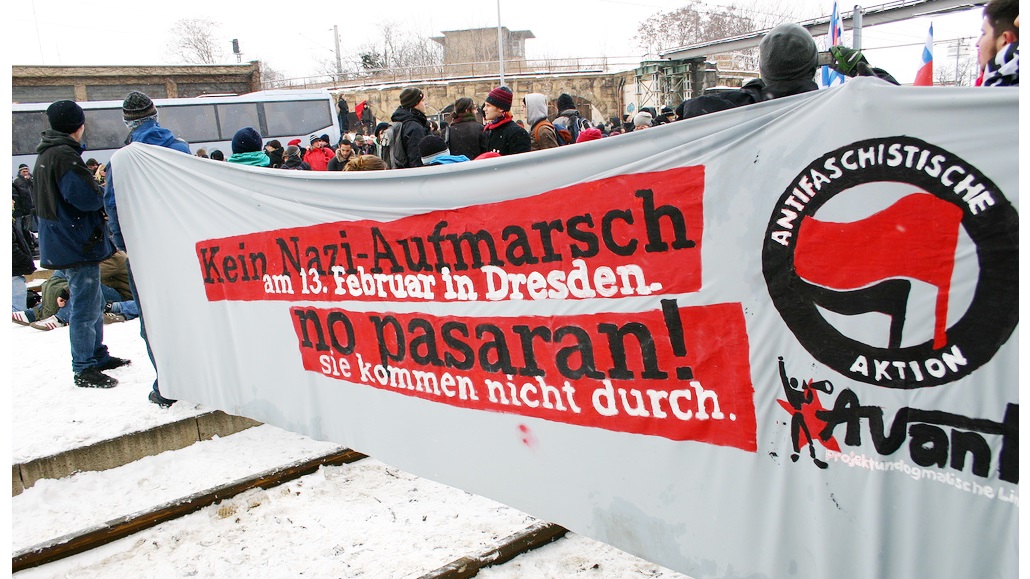
Seven individuals in Germany have admitted to the local police to being the suspects of the February 2023 Antifa attacks in Budapest. They are asking not to be extradited to Hungary, fearing ‘inhumane conditions’ and a long prison sentence in ‘right-wing authoritarian’ Hungary.

Stadler’s latest investment marks a technological milestone for Hungary’s railway industry and economy. The expanded facility introduces cutting-edge aluminium double-decker railway car production, enhancing local and global rail networks.

The European Union’s car market saw a modest growth in 2024, with 10.6 million new vehicles sold, according to ACEA data. Shifting preferences included gains for hybrid vehicles and a decline in market share for both diesel and fully electric cars.

‘Our task now is to safeguard the TurkStream pipeline to ensure Hungary’s energy security,’ Hungarian Prime Minister Viktor Orbán stressed after meeting Serbian President Aleksandar Vučić. Orbán warned that Europe is heading toward another energy crisis, calling the skyrocketing fuel prices ‘outrageous.’

A 40-year-old man from Hungary was arrested in Germany for travelling 30 kilometres on a high-speed train while hanging onto the cables that connect the railroad cars without a ticket. The suspect hopped off the train for a cigarette, and could only get on the plates between the carriages as it was leaving.

Hamas clearly used the hostage release as a shameless PR opportunity. The terrorist organization gathered a massive crowd in Gaza City’s central square, where uniformed Hamas militants staged a victory parade before handing over the three young women to the International Red Cross.

Hungary’s tax system remains among Europe’s most competitive, reinforced by a recent OECD certification. Recognizing Hungary’s compliance with global minimum tax regulations, this endorsement highlights the country’s business-friendly fiscal policies.
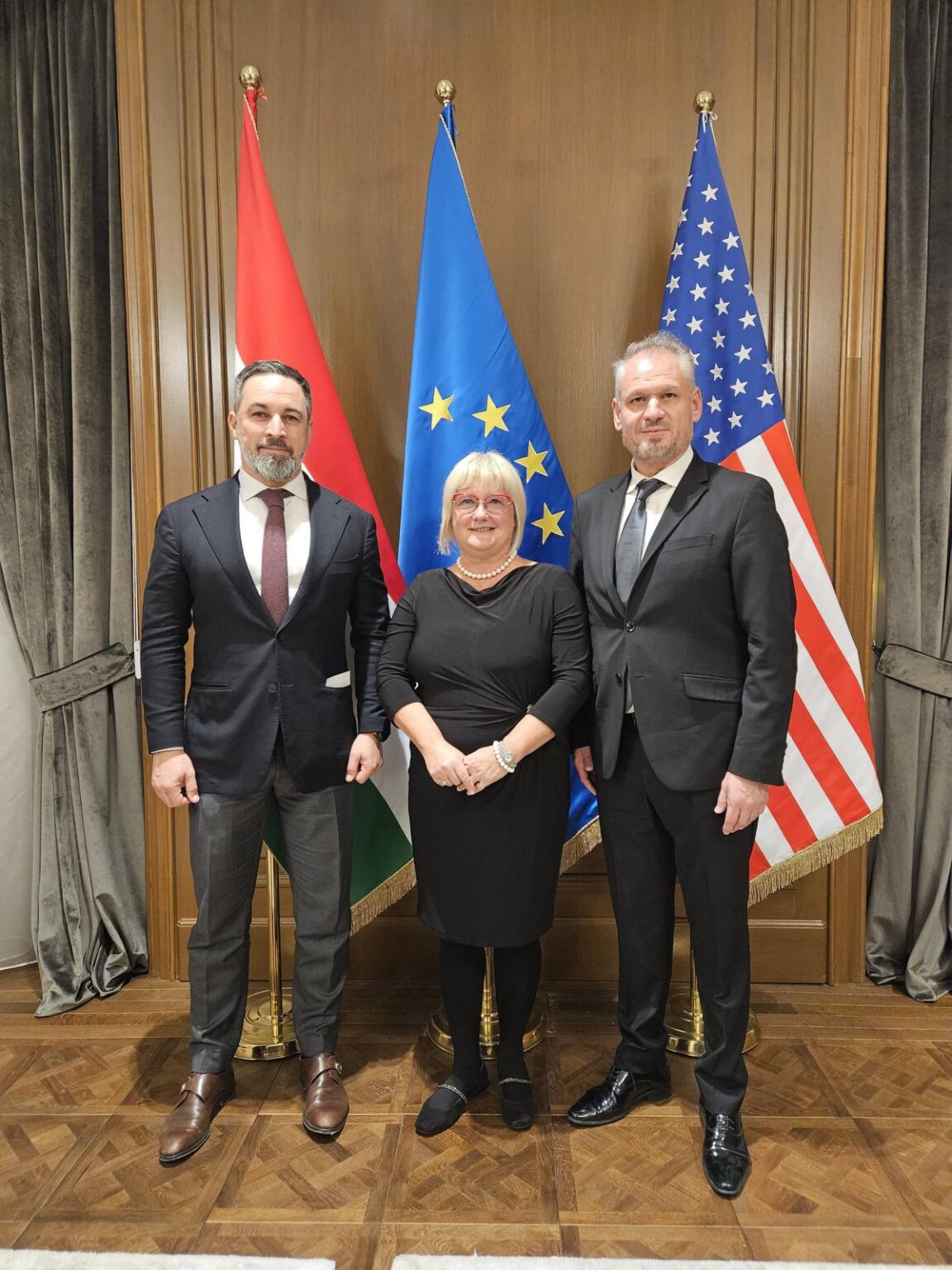
First Vice-President of Patriots for Europe, Kinga Gál, will lead the right-wing European Parliament political group’s delegation at Donald Trump’s inauguration in Washington on Monday. The ceremony, unconventional in many ways, will be the first since Ronald Reagan’s in 1985 to be held indoors due to extreme cold.

As the Israel–Hamas ceasefire deal enters force, Hungarian Minister for Foreign Affairs and Trade Péter Szijjártó announced that Omri Miran, a Hungarian Israeli hostage held in Gaza, will be released during the second phase of the agreement.

Poland aims to prepare Council conclusions on a European energy security strategy in the next six months, with the main objective of its programme being to fully divest from fossil fuels from Russia.

While the Western mainstream has launched an all-out assault on Elon Musk, Patriots for Europe has invited the American billionaire to lecture at the European Parliament on free speech. If anyone understands what it means to be suppressed by the mainstream it’s PfE, currently behind a cordon sanitaire in the EP, barred from holding chair and vice-chair positions in committees.

City Councilor Thu Nguyen in Worcester, Massachusetts has been refusing to show up to meetings in person despite the urging of Mayor Joseph Petty. She claims she feels ‘unsafe’ due to the transphobia of other Council members who have misgendered her. Nguyen prefers to be referred to by the pronouns ‘they/them’.

In his regular Friday morning interview on public radio, Prime Minister Viktor Orbán outlined plans for Hungary’s future, addressing challenges posed by globalist influences, economic priorities, and the changing geopolitical landscape, while stressing that a ‘golden age’ is coming regarding Hungarian–American ties under the Trump administration.

Hungary’s new reintegration project aims to help prisoners successfully rejoin society. With over 835 participants already engaged, the initiative offers vocational training, rehabilitation, and support to reduce reoffending and foster social inclusion.

HungaroControl reached a milestone in 2024, managing over 1.1 million flights in Hungarian airspace—a 6 per cent increase from the previous year. This record underscores Hungary’s growing importance in European aviation.
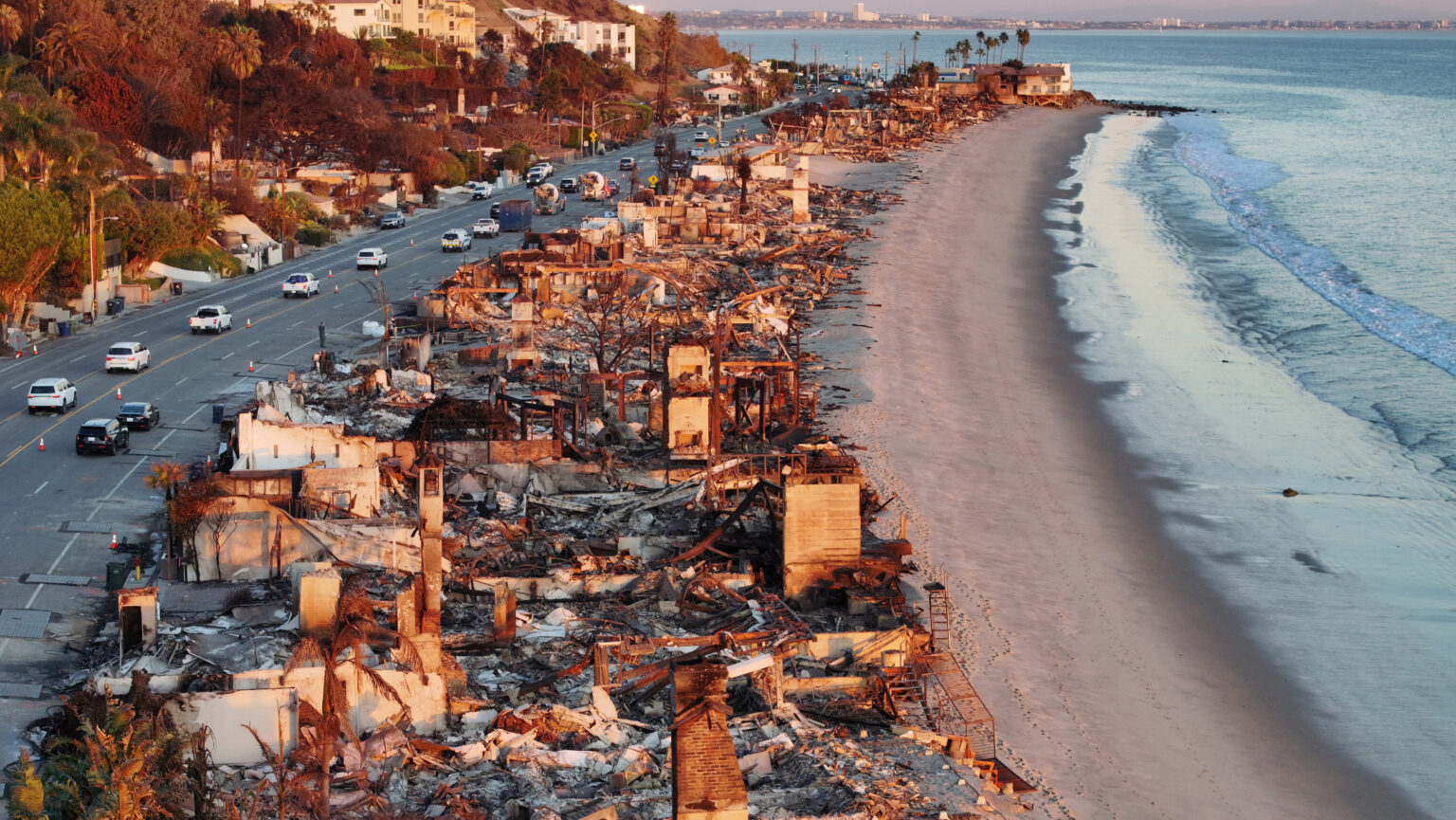
As devastating fires ravage California, the affected communities are in urgent need of assistance to evacuate, survive, and rebuild their lives. Éva Voisin, Hungary’s honorary consul in San Francisco, spoke with Hungary Today about the Hungarian community’s response to the catastrophe.

Hungary Helps, a humanitarian aid programme launched by the Hungarian government in 2017, has recently funded the construction of a new church at the site of Jesus Christ’s baptism by the Jordan River in Jordan. Hungary Helps focuses on oppressed Christians in the Middle East.

US President Joe Biden and President-elect Donald Trump both claimed credit for the ceasefire deal reached between Hamas and Israel on Wednesday. However, third-party sources confirmed that Trump’s Mideast special envoy, Steve Witkoff, accomplished more to secure the agreement in a single meeting with Benjamin Netanyahu than Biden did over the past year.

On Wednesday evening news broke that Israel and Hamas had reached a ceasefire deal. While the information was confirmed by US and Hamas officials, Benjamin Netanyahu clarified that the final agreement would be finalized overnight, while US President-elect Donald Trump pledged that Gaza would ‘never again become a terrorist haven.’
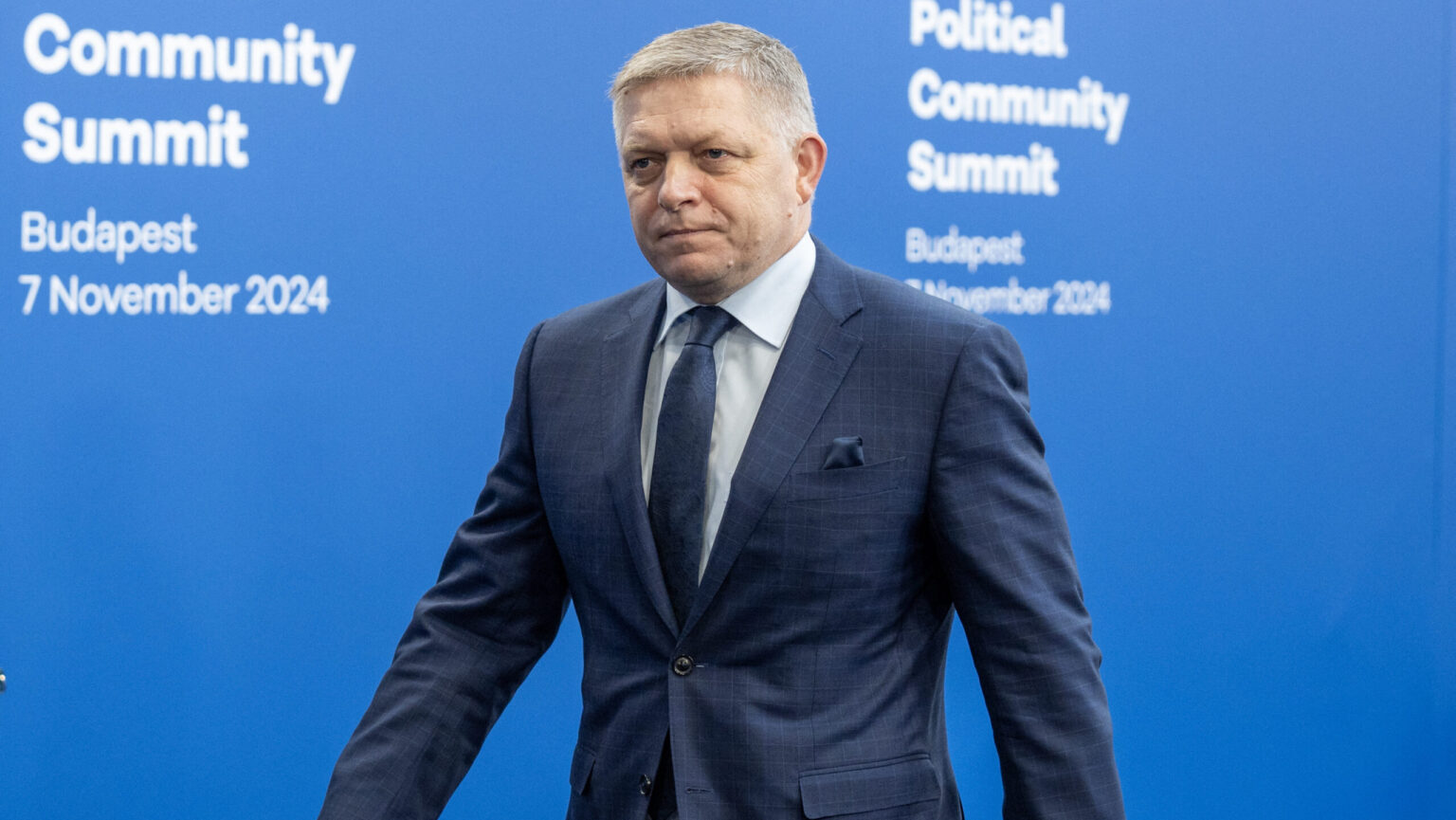
United opposition parties have filed a motion of no confidence against Slovak Prime Minister Robert Fico over his ties with Vladimir Putin and his pro-peace stance on the war in Ukraine. Fico, who survived an assassination attempt in May, has halted state-level weapon shipments to Kyiv and remains in constant conflict with Volodymyr Zelenskyy.
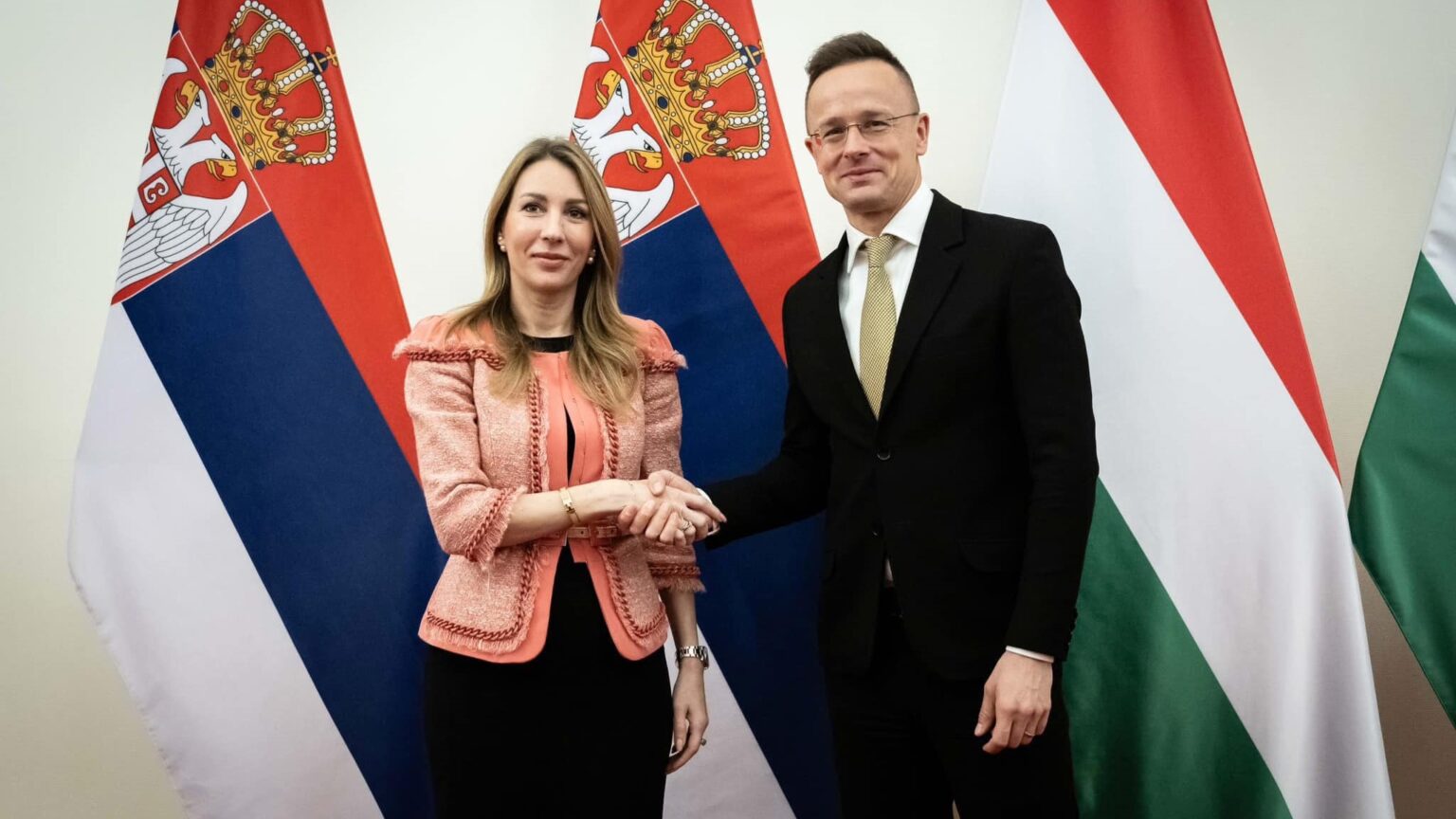
Minister of Foreign Affairs and Trade Péter Szijjártó of Hungary shared a Facebook post about his phone conversation with Minister of Mining and Energy Dubravka Đedović of Serbia. In it, he wrote that cooperation with neighbouring countries on energy policy is crucial in these times; and announced that the two countries have agreed to accelerate their joint energy security investments.
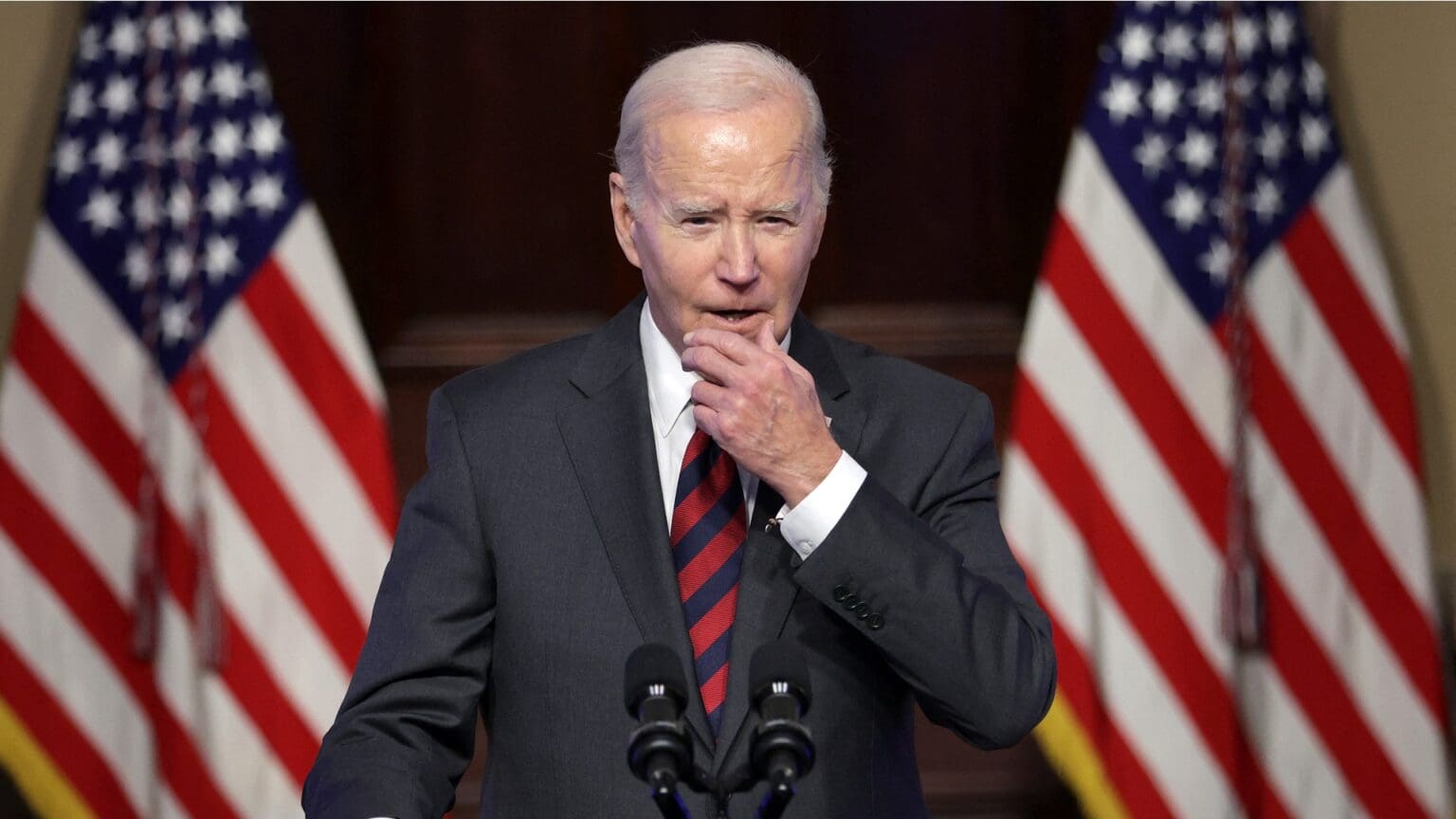
President Biden’s approval rating currently stands at 38.8 per cent in the RealClearPolitics polling aggregate, and at just 36.1 per cent in the FiveThirtyEight polling aggregate. Meanwhile, President Trump left office in January 2021—after the controversial Capitol riots—with a 41.1 per cent approval on RCP and a 38.6 per cent approval on 538.
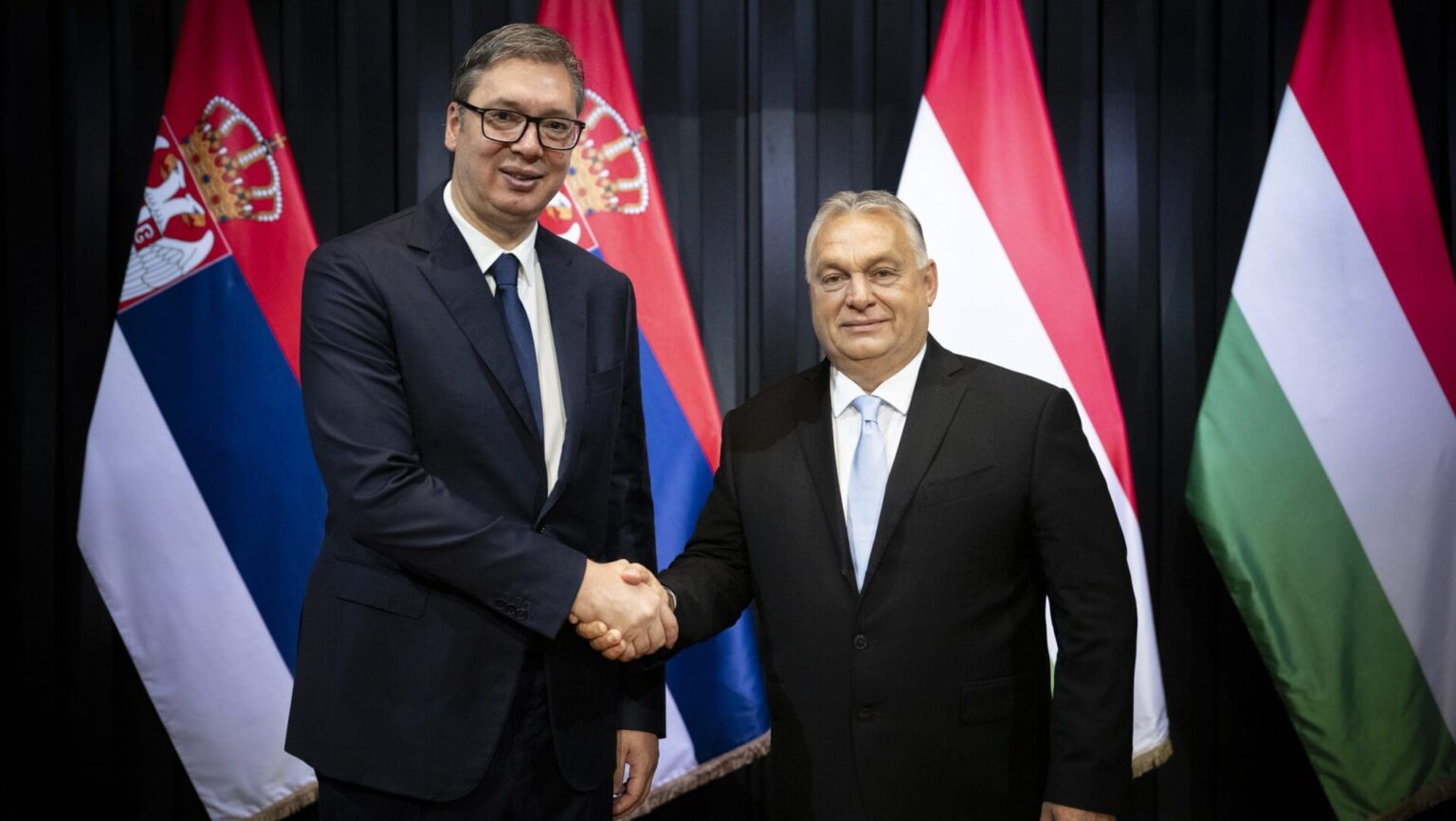
Serbian President Aleksandar Vučić, a longtime ally of Viktor Orbán, called for a confidence referendum against himself after a survey revealed that more than 50 per cent of Serbians want him out of office. The Serbian President stated that ‘legitimacy is the cornerstone of politics and that sovereignty always stems from the will of the people.’
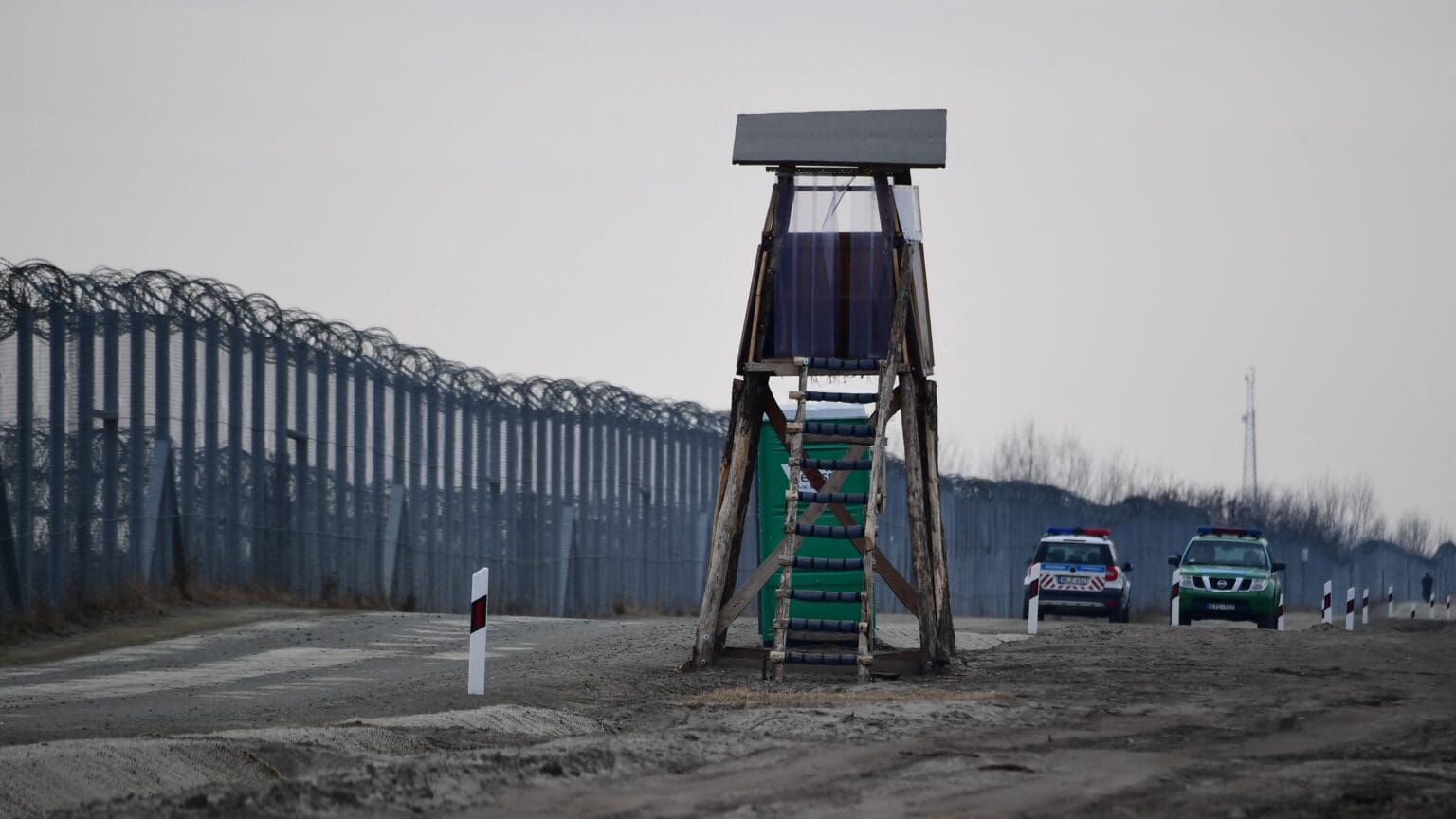
Migration pressure is once again mounting at Hungary’s borders, as reported by György Bakondi, the Prime Minister’s Chief Security Advisor. He highlighted growing challenges, shifts in migration routes, and political tensions surrounding EU migration policies in a television interview.